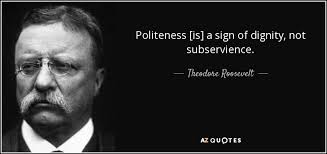There has been a lot of chatter since the Amazon synod about the possibility of ordaining women to the permanent diaconate. While the commission to study this question did not come to an agreement on the issue earlier this year, it was reported at the end of the synod that the pope remains willing to continue the work of the study commission in the future. Bishop Robert McElroy of San Diego, in an interview with America, recalled that “there was tremendous support for enhancing women’s roles in every possible way in the life of the church and thinking creatively, how on the ground especially in these communities which see a priest maybe once a year. How can women’s roles be expanded so that they can serve even more effectively than even they are at the present time?”
Which reminded me of a time when I was speaking for a group of deacons and their wives in San Diego, and the confusion that resulted when the bishop asked them to “stand for a blessing.”
After some embarrassment, I joined the women and took a seat.
You see, the blessing was for the clergy. Not the ministers.
If you don’t know, in the diaconate formation process, a married man with a vocation to the permanent diaconate requires the participation of his spouse in order to fulfill his vocation as an ordained deacon. Their service to the body of Christ, the local church community, is as a married couple, a discernment they take up together since it will inevitably impact their marriage and their family. But only he is recognized as clergy. She can run the RCIA program, teach theology at the local Catholic university, schedule the Knights of Columbus meetings in the parish hall, train the youth ministry team, counsel couples preparing for marriage, help a widow pick out the readings for her beloved husband’s funeral mass–all of these things she can do. And she can give her husband suggestions about his homily. But she can’t preach. Her ministry is not sacramental. Her ministry is real. But it isn’t recognized as having the same weight as her husband’s. Or at least that’s what we’re told.
It is getting hard to explain this to my daughters. They love our parish community. They see how hard the women work in my parish. But they notice that women and men are given different jobs. We’re told this is the way it should be. Is it enough to say that women are “close collaborators” to men?
I see the Holy Spirit at work in the ministry of many women in my community, including the deacons’ wives. They witness holiness, resilience, perseverance, faith, compassion, and healing love. I hope that as a church community we can find the language to honor their ministry without feeding into patriarchal understandings of gender roles that seem so prevalent in our tradition, especially with regard to holy orders.




